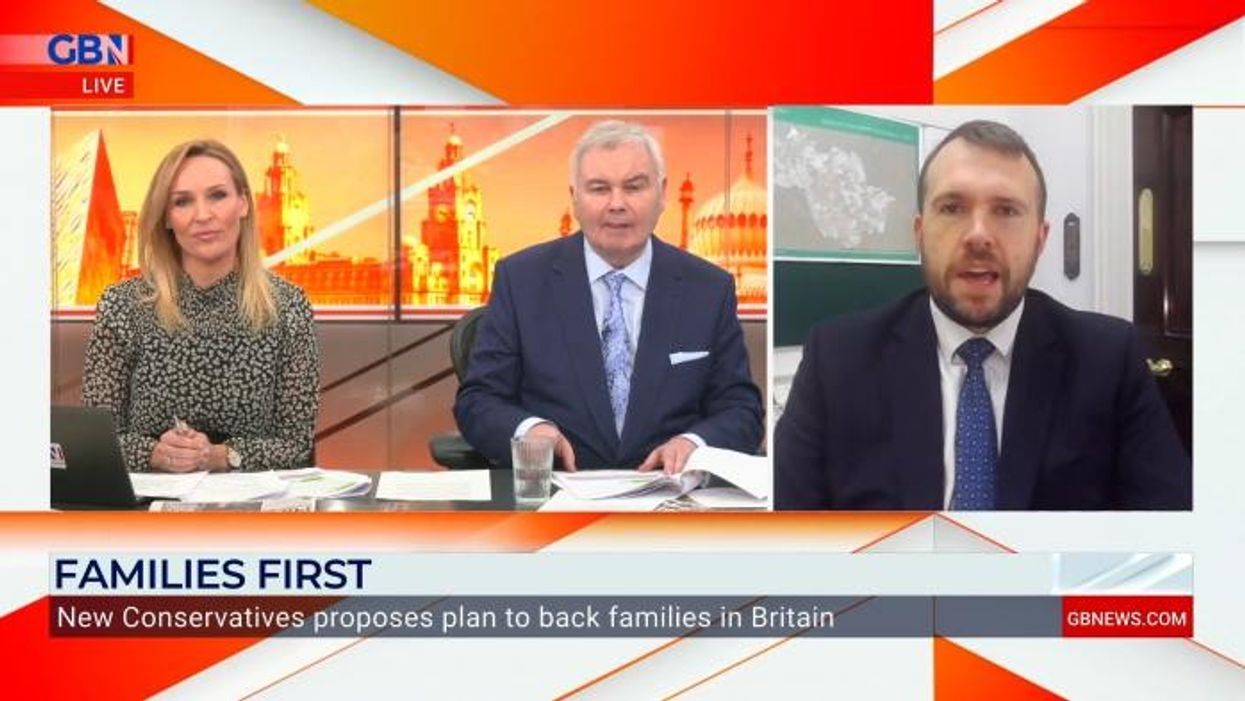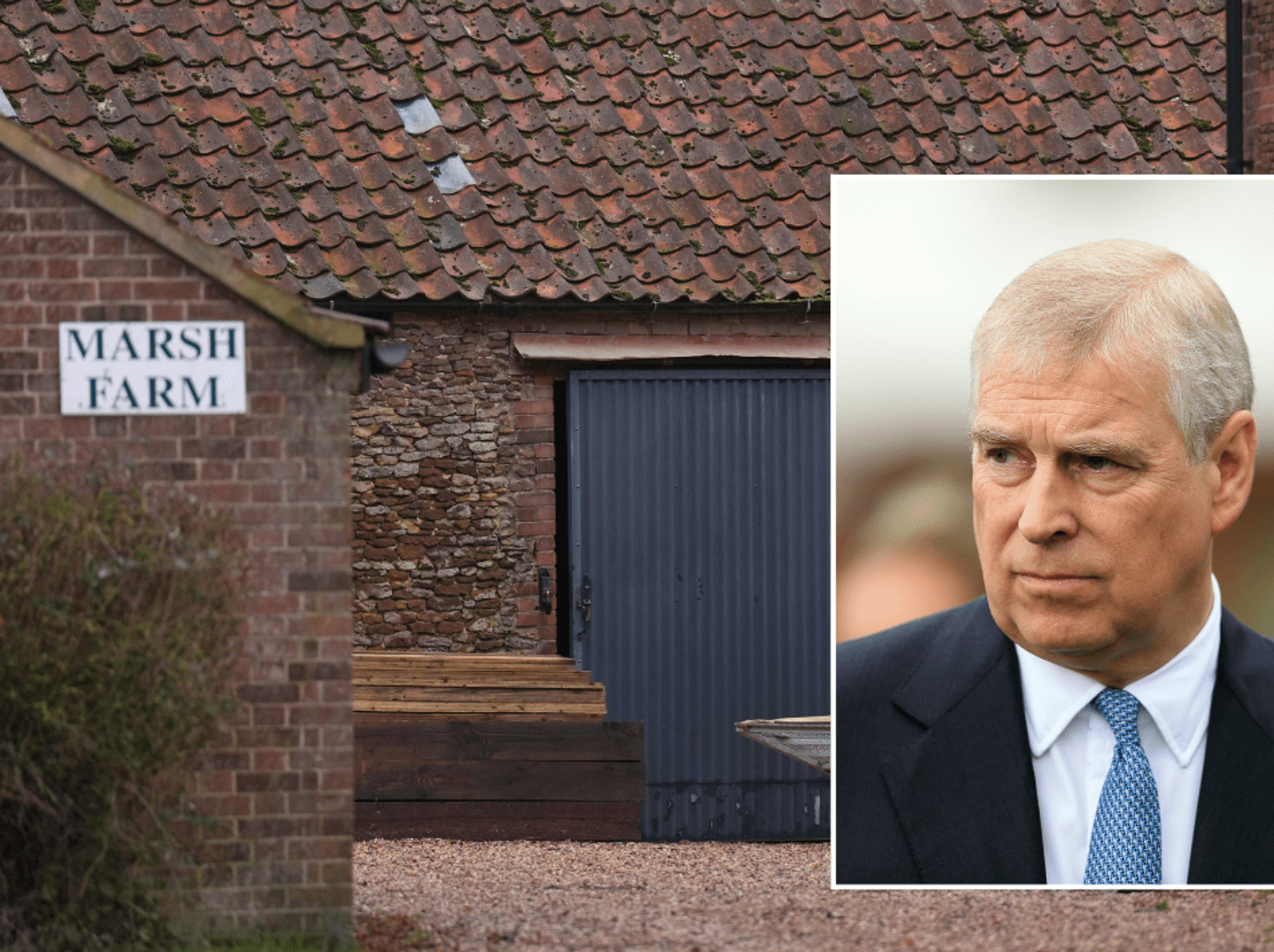Thousands of retirees hit by ‘unintended’ pension tax trap – how to avoid falling foul

Current pension saving rules mean former retirees coming back to the workplace will be unable to claim the same tax relief as before
Don't Miss
Most Read
Britons are being warned to avoid a “pension tax trap” which could hurt retirement savings in later life by experts.
Early retirees returning to the workforce are at risk of falling foul of the Money Purchase Annual Allowance (MPAA).
This is the amount that can be saved into pension pots every year while still benefiting from tax relief from the Government when someone has already withdrawn from their retirement plan.
It is significantly lower than the annual allowance for pension saving which is currently £60,000 a year and older people starting work again post-retirement are more likely to hurt by this. Currently, the MPAA threshold is £10,000.
Do you have a money story you’d like to share? Get in touch by emailing money@gbnews.uk.

Early retirees returning to work could lose vital tax relief
|GETTY
Between 2019 to 2022, the employment rate of older adults dropped each year to 70.7 per cent but has started to tick up amid the ongoing cost of living crisis, according to Government statistics.
The latest HM Revenue & Customs (HMRC) figures revealed flexible cash withdrawals from pension pots increased between April and June 2023.
Some £4billion of taxable pension payments were removed from pensions by 567,000 individuals, compared with £3.4billion of withdrawals in the previous quarter made by 519,000 people.
Experts have cited cost of living pressures as to why people are attempting to access their pension pots early with high interest rates pushing mortgage repayments up and soaring energy bills.
Retirees coming back to work to make ends meet could be hit with a unsuspected “pension tax trap” if they have accessed their retirement savings.
Gary Smith, a financial planning partner and retirement specialist at wealth manager Evelyn Partners, explained: “We see some early retirees, after a few years of financial reckoning or too much time on the golf course, contemplating a return to work.
“But whether you left work or not, accessing pension savings can have some unintended consequences, and you might have unwittingly walked into a pension tax trap.”
According to the retirement expert, many Britons assume they will be able to rebuild their pension pot with tax relief after returning to work.
LATEST DEVELOPMENTS:

Savers are being reminded to not fall foul of the MPAA threshold
| GETTYThe financial planning partner warned the peoples’ retirement plans could be “hobbled” by the forgotten about “tax hurdle”. Last year, the annual allowance for pension savings and MPAA was raised to £60,000 and £10,000, respectively.
The MPAA is lower than the annual allowance to prevent early retirees from recycling pension income back into their retirement pots to use tax relief twice over.
Mr Smith added: “While the welcome increase to £10,000, which kicked in in April 2023, gives savers a bit more leeway to rebuild their pension pot with tax benefits, the best tactic for those who want maximum flexibility is not to trigger the MPAA in the first place, if possible.”
The MPAA applies to anyone who has accessed their pension pot flexibly which can include those who have taken their savings a lump sum, used their fund to purchase flexible annuity or if they have started taking amounts which are taxable.
The latter scenario is referred to as uncrystallised funds pension lump sums (UFPLS) and is considered “one of the more common ways” someone triggers the allowance, according to Mr Smith.
He shared: “If you want to access your pension early, but you don’t want to crystallise and choose whether to put your pension into drawdown or an annuity, then dipping into a pot by taking one or more small lump sums looks like an attractive option.”











